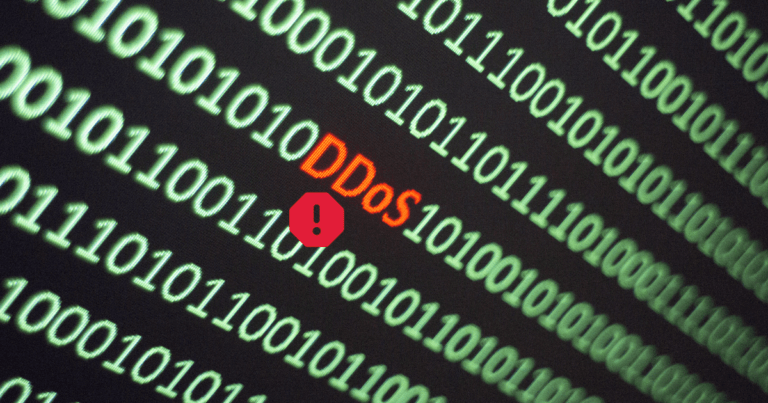Christmas is a favorite time for cybercriminals due to plenty of opportunities to exploit vulnerable online shoppers. It’s important to be cautious and avoid the risk of compromising your details.
-
Use Two-Factor Authentication:
Having an extra layer of protection is always advisable! Two-factor authentication is a key security feature you should be considering this Christmas. It’s great protection for when hackers are trying to get into your account. Furthermore, it prevents them from entering your accounts with a guessed password.
-
Beware of Fake Customer Reviews:
Hackers posing as companies will often pay for fake reviews. These normally appear on social media platforms without any comments. Be wary of buying any products through review links like this it is most likely a cyber-criminal lying in wait, waiting for you to share your details.
-
Protect Yourself from Social Media Scams:
Be cautious when using platforms like Facebook, especially during this time of year, as there is increased activity by cybercriminals. If you are selling items on Facebook Marketplace, you may be a prime target for phishing scams through Messenger. Watch out for profiles with few friends and pictures, as this can be a sign of involvement by a cybercriminal.
-
Watch out for public Wi-Fi:
After a long day of Christmas shopping, you might be tempted to stop at a coffee shop, but be cautious about using public Wi-Fi networks. Avoid entering your personal information on websites while connected to public Wi-Fi, as these networks are often targeted by cybercriminals due to their lack of VPN protection and security.
-
Shop on trusted websites:
Before making any purchases from a website, it’s important to check if the website is legitimate. There are a few ways to determine this. Look for the padlock symbol in the search bar, which indicates that the website has an SSL certificate. A website with an SSL certificate will have “HTTPS” in the URL. SSL establishes a secure connection to safeguard sensitive information like your name, address, and payment card details from cyber-attacks.






